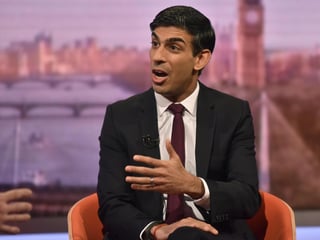Let's not go back to the 1980s, Rishi Sunak needs to spend big in the Budget - Mark Casci
Liverpool FC are dominating English and European football with an exciting brand of fast-paced football.
And progressive rock band Genesis are about to embark on a lengthy UK tour.
Advertisement
Hide AdAdvertisement
Hide AdAlthough the calendar may read 2020, it is feeling a lot like we are once again living in the 1980s.
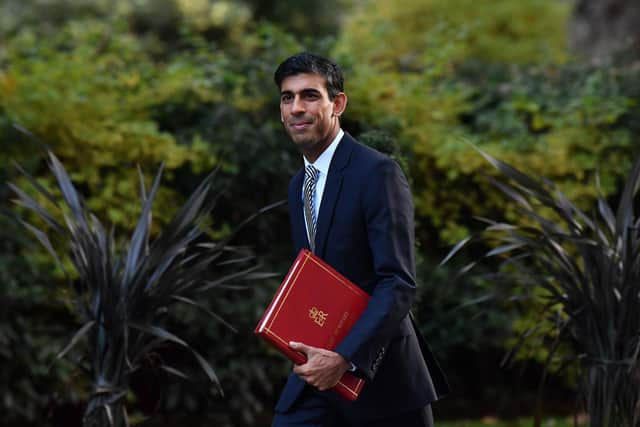

The similarities make for good theatre but, with the Budget about to be delivered this week, there is one pattern from that decade that I hope will not repeat itself.
During the reign of Margaret Thatcher – PM for the entirety of the 1980s – tax increases delivered at the Dispatch Box tended to be on the low side.
At a time when the North of England stands on a precipice, now is very much the time to increase the public’s contribution to the nation’s coffers.
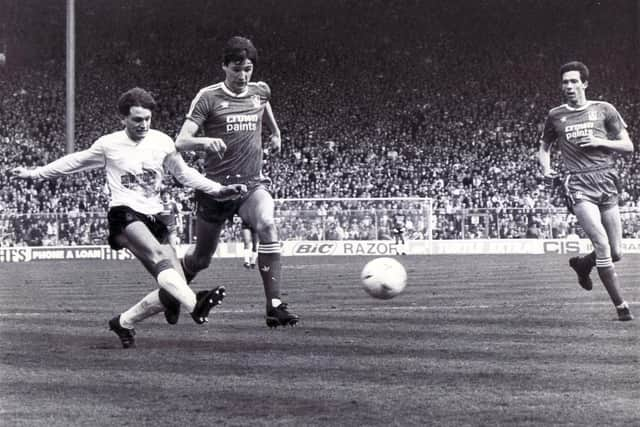

Advertisement
Hide AdAdvertisement
Hide AdMr Johnson and his Government has made the right noises about what the North needs.
He stood strong in the face of the well-intentioned but short-sighted opposition to HS2 and green lit the project last month.
On Northern Powerhouse Rail he has been even more supportive, with his Transport Secretary, Grant Shapps, taking more of an active role in managing the under performance of some of the region’s rail operators.
Devolution has been signed off for the Sheffield City Region and a West Yorkshire deal looks to be within touching distance.
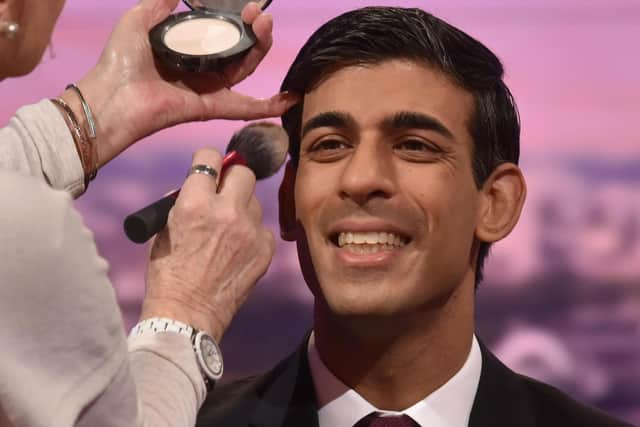

Advertisement
Hide AdAdvertisement
Hide AdAnd at last there seems to be signs of some kind of substantive action on other crucial issues such as flood defences and social care.
New Chancellor and Richmond MP Rishi Sunak now has a unique opportunity to enact some of this and so much more when he delivers his speech on Wednesday afternoon.
Whether it is building a champion football team, delivering a UK tour that makes fans proud or making genuine societal change – money is required.
All of this means that taxes will need to be increased by Mr Sunak.
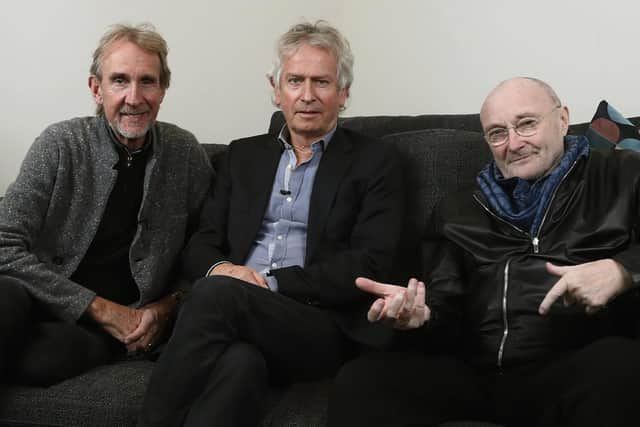

Fortunately, history seems to point in that direction.
Advertisement
Hide AdAdvertisement
Hide AdThe first Budget immediately after a general election has traditionally been used by a Chancellor to introduce a host of tax increases.
Some impressive number crunching by the Press Association shows that the Budgets that followed the 1992, 1997, 2001, 2005, 2010 and 2015 elections all saw a jump in the amount of tax levied by the government – some of them ranking among the biggest tax-raising Budgets of the past 50 years.
Five of the top 10 tax-raising Budgets since 1970 have all followed general elections.
Indeed only one post-election Budget in recent years has bucked the trend for tax rises: Philip Hammond’s Budget of November 2017, which saw a £2.4bn net decrease in new tax measures.
We all know what happened next for that administration.
Advertisement
Hide AdAdvertisement
Hide AdIt makes sense. The first Budget immediately after an election victory is the ideal time to put up taxes, with the occupant of Number 11 knowing that they are at the furthest point away from the next election, and also in most need of new sources of income to fund manifesto promises.
However, we should not look at this as getting “bad news” out of the way sooner rather than later.
With the next general election not scheduled to take place until May 2024, Mr Sunak can lay out a spending agenda that establishes the North as the region that stands best to deliver prosperity for the entire nation.
This means expensive upgrades to education, infrastructure and healthcare so that the region can realise its potential.
The 1980s represented the decade in which London became the be all and end all of political focus.
Let us end that legacy here and now.
